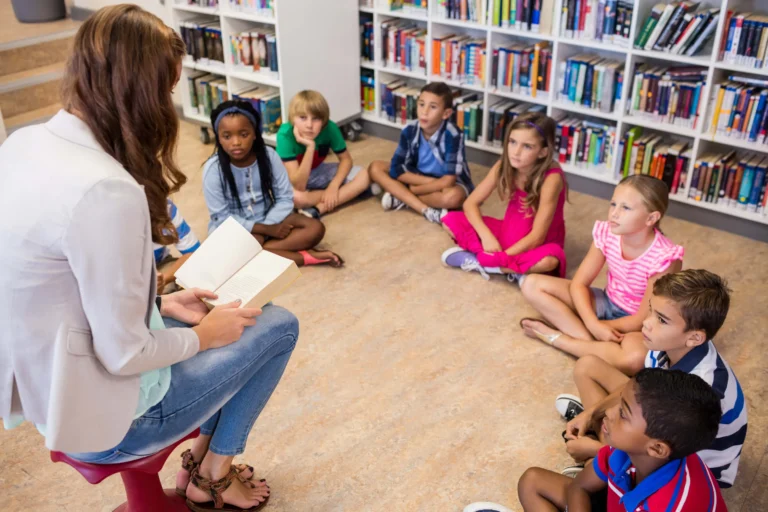Parenting is a tough job. Not only do you need to care what your bundle of joy does that could harm him or her, but you also have to leave room for their own experimentation. That room for experimentation includes imagination.
Imagination plays a crucial part in a child’s mental development. Studies show that children given room for imagination tend to understand emotions better. Imagination opens room for many things later in life.
3 Positive Impacts of Imagination On a Child
Imagination has many positive impacts on a child’s mental and emotional development. If I were to name every one of them, it could take a whole book to write. But there are some general positive impacts of imagination on a child, three of which are as follows:
- Boosting creativity
- Inducing problem-solving skills from a young age
- Enhancing social and emotional development
Boosts Creativity – Every Child Is An Artist In Their Own Mind
The most considerable impact imagination has on a child’s development is boosting creativity. Every child is an artist in their own world and imagines things like dragons, forts, kings, and soldiers in their mind. This self-constructed imagination induces a sense of bravery, empathy, and friendship in the minds of these creative fellas.
Problem-Solving Skills – From a Very Young Age
The boost in creativity leads to another essential trait: problem-solving skills. While playing with these imaginative characters and reading fun books, these creative buddies make problems on their own and solve them on their own, too. This induces creative problem-solving skills, which will be majorly helpful later in life.
Social and Emotional Development – Inducing Empathy and Righteousness in Young Fellas
While developing essential skills like creativity and problem-solving, another skill that develops because of imagination along the way is social and emotional development. While roleplaying and pretend-playing, children generalize some traits for all the characters and create a soft spot for some characters based on their limitedness or fate. This later develops the invaluable characteristics of empathy and righteousness, defining their character for later on.
How To Induce Imagination In a Child
While essential and easily teachable, imagination can only be induced by specific tasks. Although many things can induce imagination in a child’s mind, only two are most prominent. These tasks are:
- Roleplaying and Pretend-Playing
- Book Reading
Roleplaying and Pretend-Playing – A Task Known for Ages
Role-playing and pretend-playing are tasks you might already be teaching your child. These tasks allow children to use their imaginations to create characters that are out of the real world. As discussed above, these tasks induce creativity, problem-solving, and social and emotional development.
Book Reading – Kids and Adults Benefit From It Alike
Another task that can enhance your child’s imagination is book reading. People of all ages read and benefit from books and learn imagination skills unlike anything else. Books especially help children with imagination; not only do they become creative, but they also get better at role-playing and pretend-playing.
Melanie Crumpton – A Believer in Imagination
What better book for your child than a book dedicated to inducing imagination in your child? Melanie is a passionate storyteller, writer, and advocate for the power of dreams who believes that everyone has the potential to achieve their dreams. With a sprinkle of creativity and a dash of determination, she thinks anything is possible.
If you liked what you read, you can buy the book for your toddler at https://www.amazon.com/Think-Grow-Dreams-Melanie-Crumpton/dp/1966468083/.




